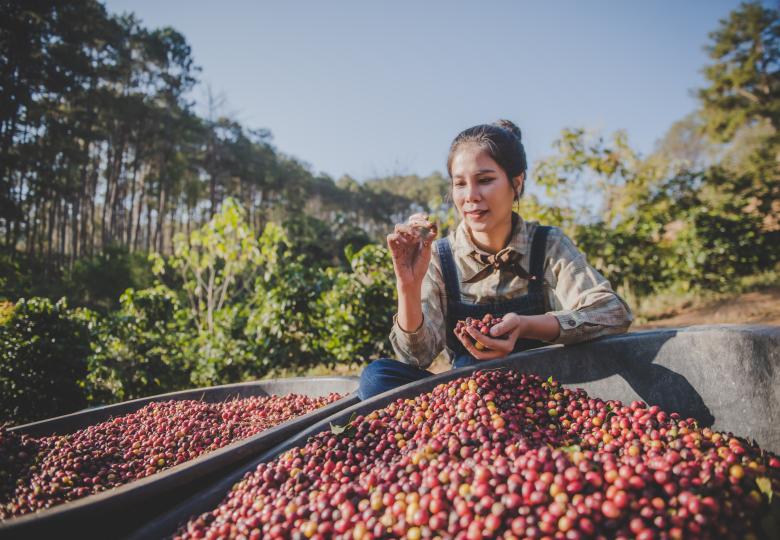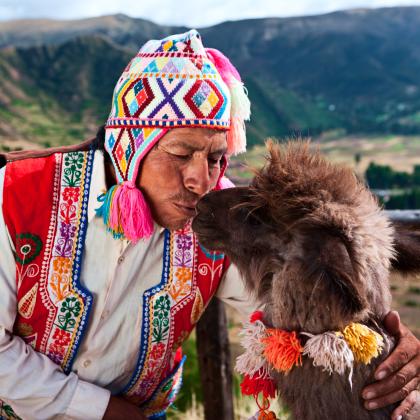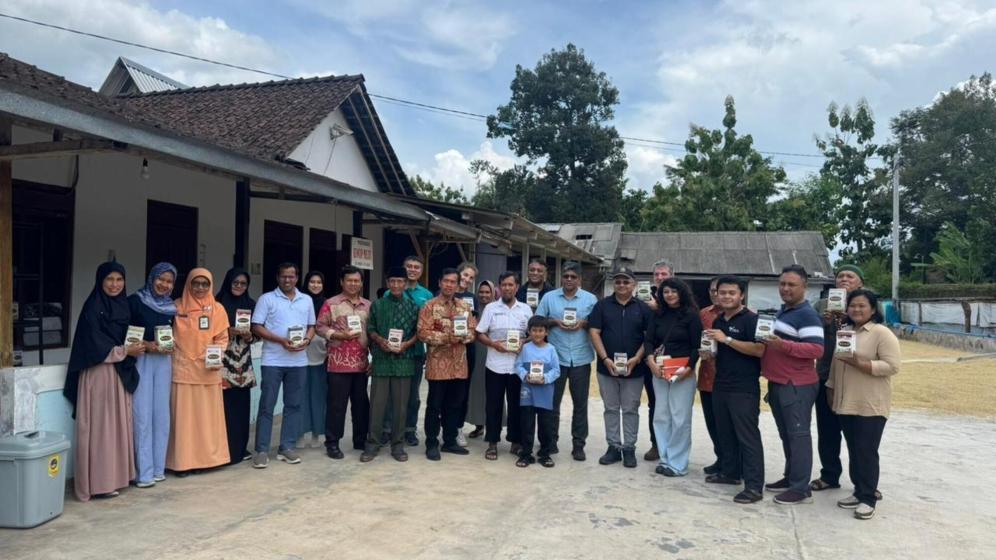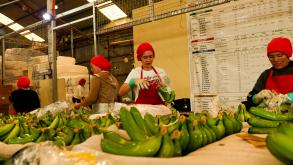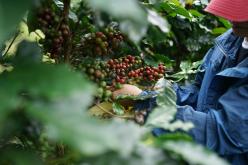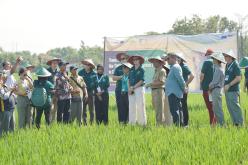Restoring ecosystems and supporting smallholders in Southeast Asia
Since the late 1990s, Preferred by Nature has worked with smallholders and supported the restoration of ecosystems in the areas of the world most impacted by deforestation and land conversion. And, for nearly three decades, we have been collaborating with scientists, foresters and local communities to protect and rebuild tropical forests in Borneo. Learn more about our projects across Southeast Asia.
